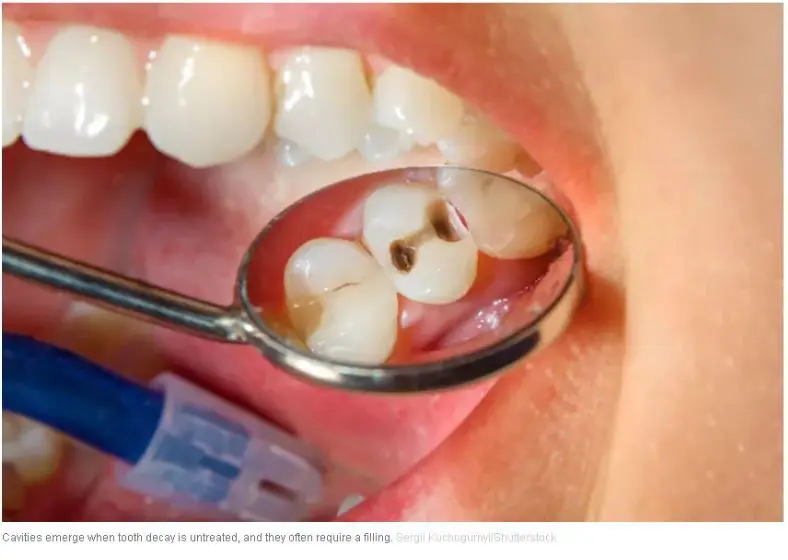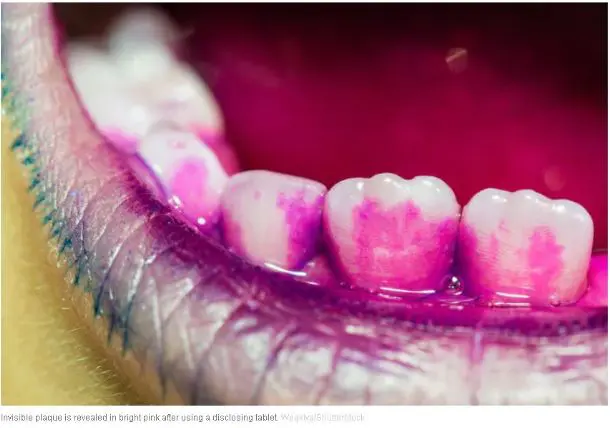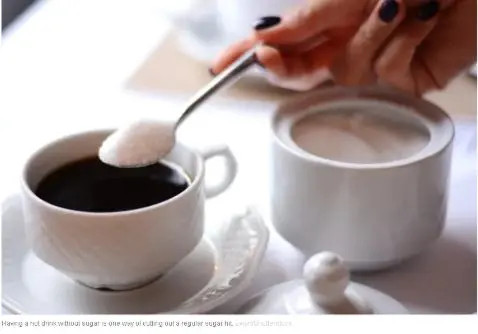All, Whole Body Health
You’re probably brushing your teeth wrong – here are four tips for better dental health
January 9, 2019 12.33am AEDT
We all know the advice for healthy teeth – brush twice daily and don’t eat too much sugar. So why do those of us following these instructions find we sometimes need a filling when we visit the dentist? The truth is, there’s a little more to preventing tooth decay than these guidelines suggest. Here’s what you need to know.
Brush up on your skills
How you brush makes a big difference. The mechanical act of brushing removes the very sticky dental plaque – a mixture of bacteria, their acids and sticky byproducts and food remnants. It forms naturally on teeth immediately after you’ve eaten but doesn’t get nasty and start to cause damage to the teeth until it reaches a certain stage of maturity. The exact amount of time this takes isn’t known but is at least more than 12 hours.
Bacteria consume sugar and, as a byproduct, produce acids which dissolve mineral out of the teeth, leaving microscopic holes we can’t see. If the process isn’t stopped and they aren’t repaired, these can become big, visible cavities.

Use fluoride toothpaste and disclosing tablets
Most of the benefit from brushing comes from toothpaste. The key ingredient is fluoride, which evidence shows prevents tooth decay. Fluoride replaces lost minerals in teeth and also makes them stronger.
For maximum benefit, use toothpaste with 1350-1500 ppmF – that’s concentration of fluoride in parts per million – to prevent tooth decay. Plaque is difficult to see because it is whitish, like your teeth. Disclosing tablets are available in supermarkets and chemists and they make plaque more visible, showing areas you may have missed when brushing.

No more than four ‘sugar hits’

Intrinsic sugars are found naturally in foods like fruit and they are far less likely to cause tooth decay than added or free sugars. Free sugars are generally those added to foods by manufacturers but also include honey, syrup and fruit juices. These are all easy for bacteria to consume, metabolise and produce acids from.
However, it can be difficult to tell which are the worst sugars for teeth. For example, although normal amounts of fruit are fine, fruit juices have sugar liberated from the plant cells and heavy consumption can cause decay.
The World Health Organization and NHS recommend free sugars should ideally make up less than 5% of your daily calorie intake. So what does this look like? For adults and children over about 11 years old, this is around 30g – about eight teaspoons – of sugar daily.
Read the full article by CLICKING HERE



Comments are closed.